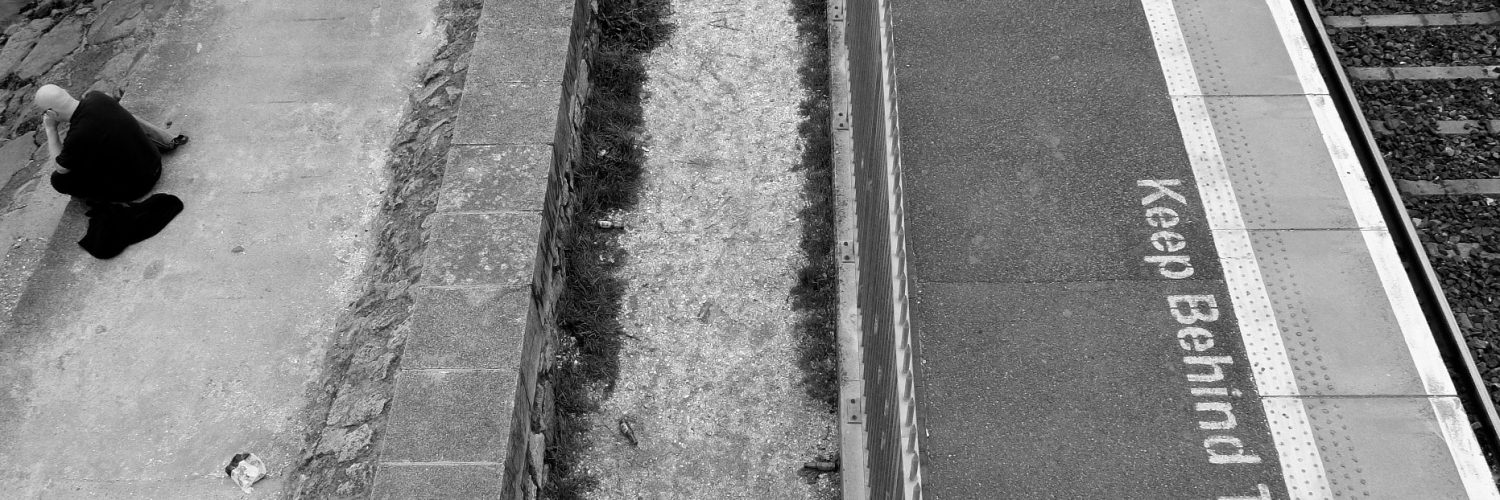Tenho comentado sobre a nova “cibercartografia social bottom-up”, isto é, sobre as novas formas de mapeamento através de diversas ações como psicogeográfias, mapas artísticos, políticos, ambientais, etc. A cartografia, algo até então compreendida e feita por poucos, está de alguma forma sendo popularizada pelas novas ferramentas de mapeamento da Web 2.0. Vemos assim, emergir formas de escrita e leitura das cidades e do espaço criando novas significações. Temos mostrado muita coisa nesse Carnet e estamos estudando a relação das mídias locativas e as prática socias e comunicacionais emergentes.
Bom, o excelente blog Metalocative fala do livro Mapping Hacks, sobre dicas e ferramentas dessa nova cartografia eletrônica. Vale a pena uma visita ao Metalocative. O metalocative é um projeto de Ludmil Trenkov e foi inspirado “… by his thesis research, the site aims to showcase and catalog existing tools, systems, technologies, social practices, discoveries and ideas in the area of locative media and its myriad permutations. The realities of this field of study, its practice and economies tend to segregate art from commerce, due to the pressures of utility and critique dictating divergent outcomes. Nevertheless, upon close observation and analysis those seemingly variant paths have enumerable overlapping points: While many technologies offer solutions and efficiencies, concurrently they are being repurposed for insightful cultural statements as well as promotion of new social practices. The site offers a prime example; a Google map could show the way through a city or anchor a psychogeographic experience of the same space.”
Sobre o livro Mapping Kacks:

“In fact, with the recent explosion of inexpensive computing and the growing availability of public mapping data, mapmaking today extends all the way to the ordinary PC user. Mapping Hacks, the latest page-turner from O’Reilly Press, tackles this notion head on. It’s a collection of one hundred simple–and mostly free–techniques available to developers and power users who want draw digital maps or otherwise visualize geographic data. Authors Schuyler Erle, Rich Gibson, and Jo Walsh do more than just illuminate the basic concepts of location and cartography, they walk you through the process one step at a time. Mapping Hacks shows you where to find the best sources of geographic data, and then how to integrate that data into your own map.”
